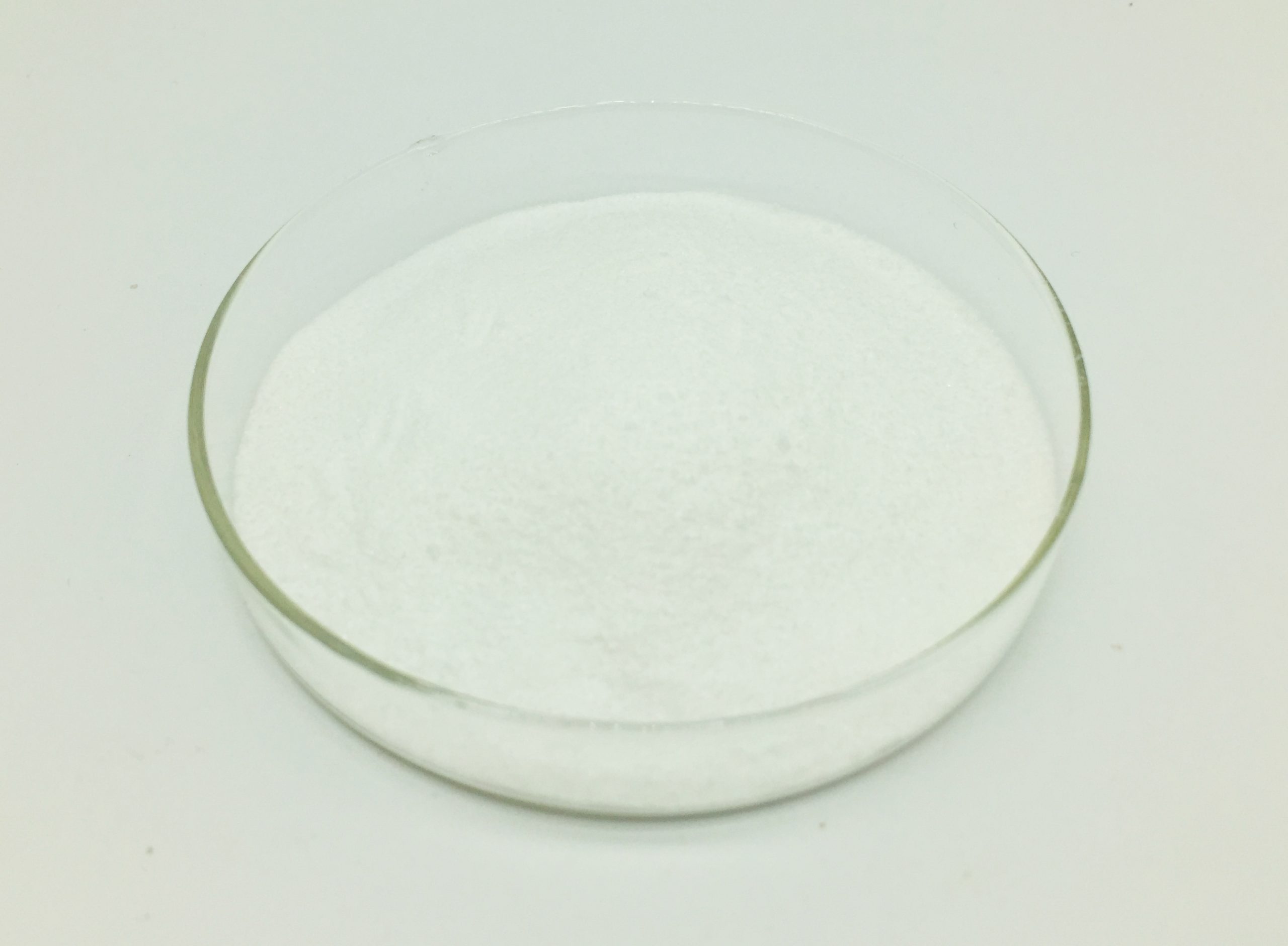Palmitoylethanolamide (PEA) is a naturally occurring fatty acid amide that belongs to the class of endocannabinoids, which are lipid compounds that interact with the body’s endocannabinoid system. Palmitoylethanolamide is a molecule found in various tissues throughout the body, including cell membranes. It has been studied for its potential therapeutic properties, although its exact mechanisms of action are not fully understood.
Some potential functions and benefits of palmitoylethanolamide include:
1.Anti-inflammatory properties: Palmitoylethanolamide is known for its anti-inflammatory effects. It may help reduce inflammation in various tissues and can be used in the management of chronic pain conditions.
2.Pain modulation: Palmitoylethanolamide is believed to play a role in modulating pain perception, and it has been studied as a natural pain reliever. It may be used to alleviate neuropathic pain, fibromyalgia, and other chronic pain disorders.

3.Neuroprotection: Some research suggests that Palmitoylethanolamide may have neuroprotective properties and could potentially be used in the treatment of neurodegenerative diseases.
4.Immune system modulation: Palmitoylethanolamide might influence immune system function and help regulate immune responses.
5.Antioxidant effects: Palmitoylethanolamide may have antioxidant properties, which can help protect cells from damage caused by oxidative stress.
It’s important to note that while there is some scientific evidence supporting the potential benefits of palmitoylethanolamide, further research is needed to fully understand its mechanisms of action and to determine its effectiveness for various medical conditions. Palmitoylethanolamide is available as a dietary supplement in some regions and is sometimes used in combination with other substances for pain management and anti-inflammatory purposes. If you’re considering using Palmitoylethanolamide for any specific health condition, it’s advisable to consult with a healthcare professional for guidance and to ensure its safe and appropriate use.
How to use Palmitoylethanolamide?
Palmitoylethanolamide (PEA) is a naturally occurring fatty acid amide that has been studied for its potential therapeutic effects, particularly in managing pain and inflammation. It is available as a dietary supplement and can be used for various purposes. Here’s how to use Palmitoylethanolamide:
1.Dosage:
Dosage recommendations can vary, so it’s important to consult with a healthcare professional before starting any new supplement, including Palmitoylethanolamide.
Typical doses for Palmitoylethanolamide supplements range from 300 mg to 1200 mg per day. However, some people may require higher or lower doses depending on their individual needs and the condition being treated.
2.Palmitoylethanolamide Formulation:
Palmitoylethanolamide supplements come in various forms, including capsules and powders. You can choose the form that is most convenient for you.
3.Timing:
Palmitoylethanolamide can be taken with or without food, depending on your preference. However, some people may experience better absorption when taken with a small amount of dietary fat.

4.Monitoring:
Keep track of your symptoms and how you feel when taking Palmitoylethanolamide. This will help you and your healthcare provider determine whether it is effective for your specific condition.
5.Consult a Healthcare Professional:
Before using Palmitoylethanolamide or any other dietary supplement, it’s crucial to consult with a healthcare professional, especially if you have underlying health conditions, are pregnant or nursing, or are taking other medications. They can provide guidance on the appropriate dosage and any potential interactions.
6.Adhere to Label Instructions:
Always follow the dosing instructions provided on the product label or those recommended by your healthcare provider.
7.Give It Time:
It may take several weeks to see the full benefits of Palmitoylethanolamide. Be patient and consistent with your usage.
8.Potential Uses:
Palmitoylethanolamide has been investigated for its potential benefits in various conditions, including chronic pain, neuropathic pain, fibromyalgia, and inflammatory conditions. It may help to reduce pain and inflammation by supporting the endocannabinoid system in the body.
9.Safety Precautions:
Palmitoylethanolamide is generally considered safe when used as directed, but it’s essential to be aware of potential side effects or interactions. Some people may experience mild side effects such as stomach upset or mild dizziness.
10.Discontinue if Necessary:
If you experience any severe or unexpected side effects, discontinue Palmitoylethanolamide use and consult a healthcare provider.
Remember that while Palmitoylethanolamide shows promise in various research studies, it may not be effective for everyone, and individual responses can vary. Discuss your specific health concerns and the use of Palmitoylethanolamide with a healthcare professional to determine if it is an appropriate option for your needs.
